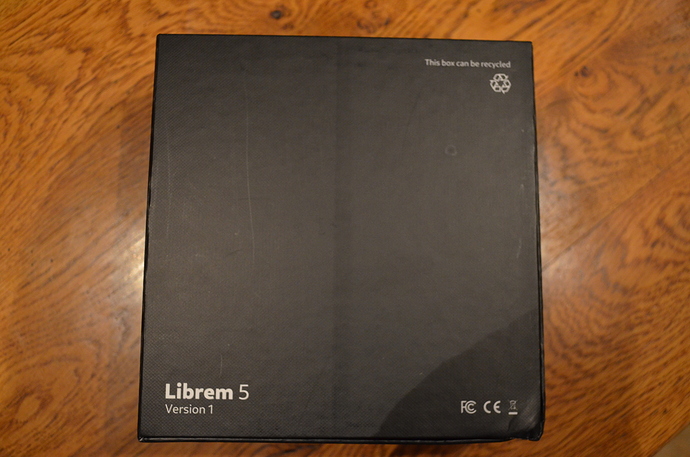When it comes to whether or not the use of an uncertified cell phone could get the user in trouble, the issue is more about wanting to be in compliance, than about the real life liklihood of consequences… in most cases.
If you put a linear amplifier on your CB radio, use your uncertified Chinese imported VHF transceiver radio on the Marine radio bands, or talk on the GMRS radio bands using a Ham radio, those actions are all very illegal. Will you get caught if you do any of those things without angering anyone? Probably not. Getting caught is very unlikely. But $10K to $30K fines for first time offenses are common. And the Federal government will put a lean on your house if they have to, to collect. And just like traffic laws, ignorance is no excuse.
Most technically inclined people know how this works. When I purchased my Boafeng radio from an online seller, I made the sale conditional on the FCC Part 90 sticker being affixed in the battery compartment, even after verifying Part 90 (business band) certification for the given model on the FCC website. Some radios come without the FCC compliance label (to circumvent import laws) and that can get the user in trouble also. For Ham radio, no FCC certification of the radio is required. All other devices that intentionally emit RF radiation require FCC compliance certification, and not just any compliance will do. The compliance certification has to be specific for the radio service you are using it in. So (for example) a certified Marine radio can’t be used in non-Marine radio services such as GMRS or land-based business radio bands.
The average person often thinks “Non-compliance is no big deal. I’ll just claim that I didn’t know” or “I’ll never get caught”, or “I will blame the manufacturer if I get caught”. How bad could getting caught for such a small technicality be, and besides, how could they ever find out?
Understanding this, FCC compliance is very important to me. Some people really don’t care. Usually, the FCC needs a good reason to get motivated to come after you. So there will most likely never be any consequences for non-compliance, unless they decide to come after you for some reason. In many cases, the perpetrator taunted the police on the police radio frequencies (using f-bombs and saying “ha ha, you can’t catch me”) for several weeks, before someone said “enough is enough” and called the FCC. But because the fines are so high for first time offenses of more innocent offenses, I prefer a fully certified device. One guy used his brother’s ham radio to save someone’s life in an emergency. He had no ham radio license himself. He still had to pay the fine. Catching the violator is actually very easy once they decide to come after you.
The political implications and ramifications of the first modern non-Apple, non-Google completely free-d phone are yet to be known. Will anyone powerful ever try to find a method to stop its use? Who knows?

